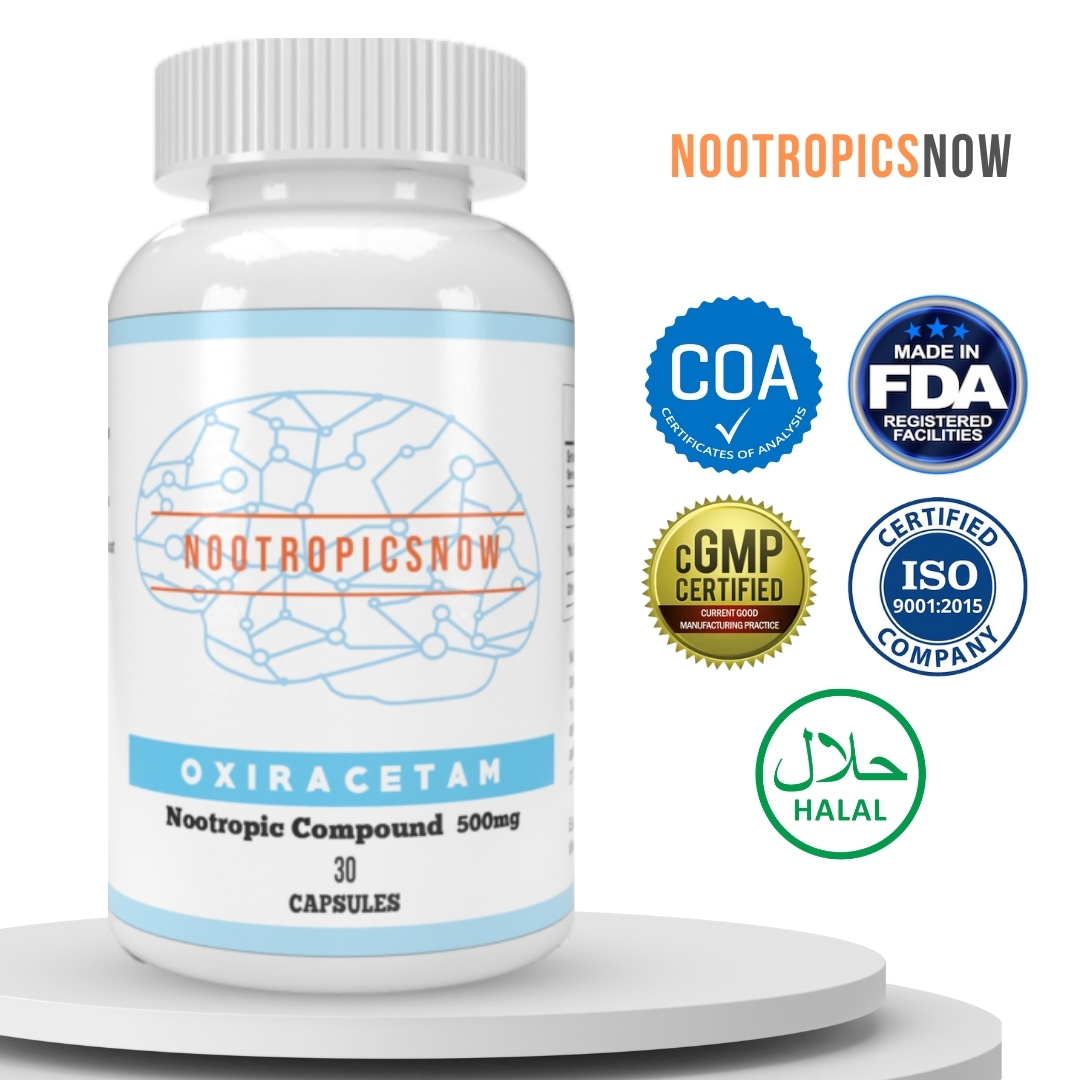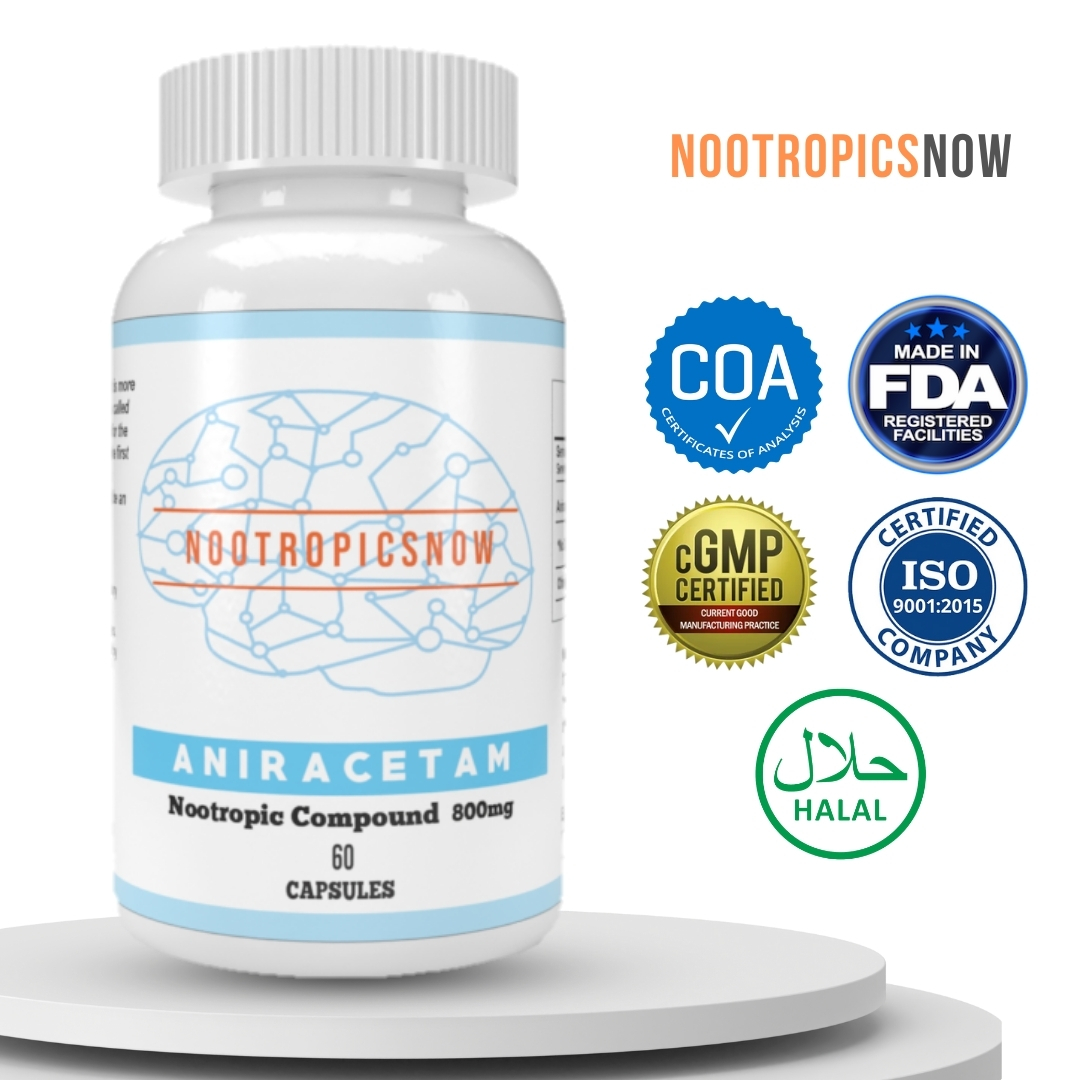Memory Enhancement Drugs: Do They Work?

`markdown
Drugs to Enhance Memory: A Comprehensive Overview
Memory enhancement is a burgeoning field, captivating researchers and individuals alike. The quest to sharpen cognitive abilities and stave off age-related memory decline fuels ongoing exploration into pharmaceutical interventions. Understanding the nuances of these drugs, their mechanisms, and potential benefits and risks is essential for making informed decisions about cognitive enhancement.
Understanding the Landscape of Memory-Enhancing Drugs
Memory-enhancing drugs, also known as nootropics or cognitive enhancers, aim to improve various aspects of cognitive function, including memory, attention, and focus. These drugs operate through diverse mechanisms within the brain, impacting neurotransmitter levels, neuronal activity, and overall brain health. This section provides a detailed look at different categories and specific drugs used for memory enhancement.
1. Cholinesterase Inhibitors: Boosting Acetylcholine Levels
Acetylcholine is a neurotransmitter vital for memory, learning, and attention. Cholinesterase inhibitors (ChEIs) work by preventing the breakdown of acetylcholine, thus increasing its availability in the brain. This enhanced acetylcholine activity improves communication between nerve cells, facilitating better cognitive function.
Examples and Applications:
Effectiveness and Considerations:
ChEIs are primarily used to manage symptoms of cognitive decline in neurodegenerative diseases. While they do not cure these conditions, they can improve cognitive function and quality of life. However, users should be aware of potential side effects and monitor their health while taking these medications.
2. NMDA Receptor Antagonists: Regulating Glutamate Activity
Glutamate is another crucial neurotransmitter involved in learning and memory. However, excessive glutamate activity can lead to excitotoxicity, damaging brain cells. NMDA receptor antagonists regulate glutamate activity by blocking overstimulation of NMDA receptors, protecting neurons from damage.
Memantine (Namenda): A Key NMDA Receptor Antagonist
Memantine is commonly prescribed for moderate to severe Alzheimer’s disease. It prevents excessive glutamate activity by blocking NMDA receptors. This mechanism helps protect brain cells, improving cognitive function and memory in individuals with Alzheimer’s.
Combining Memantine with ChEIs:
Often, memantine is prescribed in combination with cholinesterase inhibitors. This combined approach targets multiple pathways in the brain, offering a more comprehensive strategy for managing cognitive decline.
3. Ampakines: Enhancing Glutamate Receptor Activity
Ampakines are a class of compounds that enhance the activity of AMPA receptors, a subtype of glutamate receptors. By increasing the sensitivity and response of these receptors to glutamate, ampakines can improve synaptic transmission and cognitive function.
Mechanism of Action:
Ampakines work by modulating the AMPA receptor, causing it to stay open longer when activated by glutamate. This prolonged receptor activation enhances the excitatory response of neurons, facilitating better memory and learning.
Potential Benefits and Risks:
While ampakines have shown promise in improving cognitive function, their use in human trials requires caution due to the risk of overstimulation of glutamate receptors, which can lead to seizures. Therefore, careful dosage adjustments and close monitoring are essential.
4. Racetams: A Diverse Class of Nootropics
Racetams are a group of synthetic nootropics with varying mechanisms of action. They are known to enhance cognitive functions, including memory, learning, and focus. While the exact mechanisms of action may differ, racetams are believed to modulate neurotransmitter systems, improve blood flow to the brain, and protect neurons from damage.
Examples and Applications:
Considerations:
Racetams are generally considered safe, but potential side effects include headaches, insomnia, and gastrointestinal issues. It is essential to start with a low dose and gradually increase it to assess tolerance and minimize side effects.
5. Blood Pressure Medications: Impacting Cognitive Function
Certain blood pressure medications, particularly those that cross the blood-brain barrier, have been linked to improved cognitive function. These medications may improve blood flow to the brain, protect neurons from damage, and modulate neurotransmitter systems, contributing to enhanced cognitive performance.
ACE Inhibitors and ARBs:
Angiotensin-converting enzyme (ACE) inhibitors and angiotensin II receptor blockers (ARBs) that can cross the blood-brain barrier have been associated with better cognitive outcomes. These medications may improve memory recall and other cognitive functions.
Impact on Memory:
Research suggests that individuals taking ACE inhibitors or ARBs that cross the blood-brain barrier score higher on memory recall tests compared to those taking other blood pressure medications.
6. Semaglutide: A Promising Drug for Alzheimer’s Disease?

Semaglutide, a medication primarily used to manage type 2 diabetes and aid in weight loss, is being investigated for its potential benefits in treating Alzheimer’s disease. It mimics a natural hormone that stimulates insulin production and reduces blood sugar levels, which may also benefit brain health.
Ongoing Clinical Trials:
Clinical trials are underway to assess the safety and efficacy of semaglutide in improving memory and thinking abilities in individuals with Alzheimer’s disease. If these trials yield positive results, semaglutide could represent a significant advancement in the treatment of this devastating condition.
7. Other Emerging Memory-Enhancing Drugs
Beyond the well-established categories, several other drugs are under investigation for their potential memory-enhancing effects. These include:
The Importance of Research and Medical Consultation
While the prospect of enhancing memory with drugs is appealing, it is crucial to approach these interventions with caution. Comprehensive research and consultation with healthcare professionals are essential to ensure safety and effectiveness.
The Need for Thorough Research
Before considering any memory-enhancing drug, it is crucial to conduct thorough research. Understanding the mechanisms of action, potential benefits, and risks of each drug is vital for making informed decisions.
Consulting with Healthcare Professionals
Consulting with healthcare professionals is paramount before starting any new medication regimen. A doctor can assess individual health conditions, evaluate potential drug interactions, and provide guidance on appropriate dosages and usage.
Monitoring Progress and Side Effects
It is essential to monitor progress and side effects carefully while taking memory-enhancing drugs. Keeping a detailed journal of experiences, dosages, and any adverse effects can help individuals and their healthcare providers assess the effectiveness and safety of the medication.
Legal and Ethical Considerations
The use of memory-enhancing drugs also raises legal and ethical considerations. It is essential to adhere to regulations regarding the prescription and use of these medications.
Conclusion
Memory-enhancing drugs offer potential benefits for improving cognitive function and combating age-related memory decline. From cholinesterase inhibitors and NMDA receptor antagonists to ampakines and racetams, there are various options available for those seeking to enhance their memory. However, it is crucial to approach these interventions with caution, conducting thorough research, consulting with healthcare professionals, and adhering to legal and ethical guidelines. With careful consideration and appropriate medical supervision, individuals can harness the potential of memory-enhancing drugs to improve their cognitive performance and quality of life.
`
Enhancing Memory: Exploring Pharmaceutical Options
As the quest to enhance cognitive function gains momentum, pharmaceuticals designed to improve memory are attracting considerable attention. These drugs aim to address various aspects of memory, from storage to retrieval, potentially offering solutions for age-related cognitive decline and other memory-related issues. However, it’s crucial to understand their mechanisms, effectiveness, and potential side effects before considering their use.
Unveiling the Landscape of Memory-Enhancing Drugs
Several classes of drugs are currently under investigation or already in use for memory enhancement. These range from substances that modulate neurotransmitter activity to those with broader neuroprotective effects.
1. Cholinesterase Inhibitors: Boosting Acetylcholine
How They Work: Cholinesterase inhibitors (ChEIs) prevent the breakdown of acetylcholine, a neurotransmitter vital for memory, learning, and attention. By inhibiting cholinesterase, the enzyme responsible for acetylcholine degradation, these drugs increase acetylcholine levels in the brain, enhancing cholinergic neurotransmission. This increased availability of acetylcholine improves communication between neurons, facilitating memory processes.
Examples: Donepezil (Aricept), rivastigmine (Exelon), and galantamine (Razadyne) are common ChEIs prescribed for Alzheimer’s disease. These drugs have been approved by regulatory agencies and clinically used to manage Alzheimer’s symptoms.
Effectiveness: While ChEIs do not cure Alzheimer’s, they can temporarily improve cognitive function and memory in some individuals. Clinical trials have demonstrated modest improvements in cognitive scores and daily functioning in patients with mild to moderate Alzheimer’s disease. However, the effects are often limited and vary among individuals. Therefore, it is important to set realistic expectations with AChEIs.
Side Effects: Common side effects include nausea, vomiting, diarrhea, loss of appetite, and dizziness. These side effects often occur due to the drug’s action on the cholinergic system, which affects not only the brain but also other parts of the body. Therefore, careful monitoring is crucial when administering ChEIs.
2. Memantine: Regulating Glutamate Activity
How It Works: Memantine is an NMDA receptor antagonist that regulates the activity of glutamate, another crucial neurotransmitter involved in learning and memory. In Alzheimer’s disease, excessive glutamate activity can lead to excitotoxicity, damaging brain cells. Memantine blocks the NMDA receptor, preventing overstimulation and protecting neurons from excitotoxic damage.
Use Cases: Memantine is often prescribed for moderate to severe Alzheimer’s disease. It is sometimes used in combination with ChEIs to provide a more comprehensive approach to managing the disease.
Effectiveness: Clinical trials have shown that memantine can improve cognitive function, behavior, and daily functioning in individuals with moderate to severe Alzheimer’s. It helps maintain cognitive stability and reduce the rate of decline in some patients.
Side Effects: Common side effects include dizziness, headache, confusion, and constipation. These side effects are generally mild and well-tolerated, but individual responses can vary.
3. Ampakines: Enhancing Glutamate Receptor Sensitivity
Mechanism: Ampakines are a class of drugs that enhance the activity of AMPA receptors, a type of glutamate receptor. By increasing the sensitivity of these receptors to glutamate, ampakines amplify excitatory neurotransmission in the brain, potentially improving learning and memory. They work by modulating the AMPA receptor to keep the ion channel open longer, thereby enhancing nerve cell excitation.
Potential Benefits: Ampakines have shown promise in preclinical studies for improving attention, alertness, and memory consolidation. They are being investigated for potential use in treating cognitive impairment associated with aging, Alzheimer’s disease, and other neurological conditions.
Safety Concerns: While ampakines have shown potential, their use in human trials is cautious due to the risk of overactivation of excitatory glutamate receptors, which can lead to seizures. However, no seizures have been observed in human subjects so far. Therefore, ampakines are considered a relatively new therapeutic area.
Research Stage: Many ampakines are still in the experimental stage, and more research is needed to fully understand their effectiveness and safety in humans. Human clinical trials are limited, requiring careful evaluation before widespread clinical use.
4. Racetams: A Class of Synthetic Nootropics
Mechanism: Racetams are a group of synthetic nootropics believed to enhance cognitive function through various mechanisms, including modulating neurotransmitter systems and improving neuronal membrane fluidity. Piracetam, aniracetam, oxiracetam, and pramiracetam are all members of the racetam family.

View Product

View Product
View Product
Potential Benefits: Users report benefits such as improved memory, focus, learning ability, and mental clarity. They are often used by students, professionals, and biohackers seeking cognitive enhancement. These substances are taken as a cognitive boost.
Effectiveness: The effectiveness of racetams varies among individuals, and scientific evidence supporting their cognitive-enhancing effects is mixed. Some studies have shown positive effects on memory and cognitive function, while others have found no significant benefits.
Safety Profile: Racetams are generally considered safe, with few reported side effects. Common side effects include headache, nausea, and anxiety, but these are usually mild and transient. However, long-term safety data is limited, and caution is advised. Always consult with a healthcare professional.
5. Blood Pressure Medications and Cognitive Function
Connection: Some blood pressure medications, particularly ACE inhibitors and angiotensin II receptor blockers (ARBs), have been linked to better cognitive function, including memory. These drugs can cross the blood-brain barrier and affect brain function.
Effectiveness: Studies suggest that individuals taking ACE inhibitors or ARBs that cross the blood-brain barrier may have better memory recall compared to those taking other blood pressure medications that do not cross the barrier. Maintaining healthy blood pressure levels can also indirectly benefit cognitive health.
Additional Benefits: Managing blood pressure can reduce the risk of stroke and vascular dementia, further protecting cognitive function. Consult your doctor on how to better manage your blood pressure.
6. Semaglutide: Diabetes Drug Showing Promise
Background: Semaglutide is a glucagon-like peptide-1 (GLP-1) receptor agonist primarily used to treat type 2 diabetes and obesity. Recent research suggests that it may also have potential benefits for brain health, particularly in Alzheimer’s disease.
Mechanism: Semaglutide works by mimicking a natural hormone that stimulates insulin production and reduces blood sugar levels. It may also have neuroprotective effects, reducing inflammation and oxidative stress in the brain.
Clinical Trials: Clinical trials are underway to assess the safety and efficacy of semaglutide in improving memory and cognitive function in individuals with Alzheimer’s disease. Early results are promising, but more research is needed to confirm these findings.
Other Notable Memory Enhancers
In addition to the drugs listed above, other substances are being explored for their potential to enhance memory and cognitive function:
Considerations Before Taking Memory-Enhancing Drugs
Future Directions in Memory Enhancement
Research into memory-enhancing drugs is ongoing, and new compounds and therapies are constantly being developed. Future directions in this field include:
Ethical Considerations
The use of drugs to enhance memory raises ethical considerations, including:
Conclusion
Drugs to enhance memory offer potential benefits for improving cognitive function and addressing memory-related issues. However, it is crucial to approach their use with caution, consulting with a healthcare professional and considering the potential risks, side effects, and ethical implications. As research continues, new and more effective memory-enhancing drugs may become available, offering hope for individuals seeking to improve their cognitive abilities.








